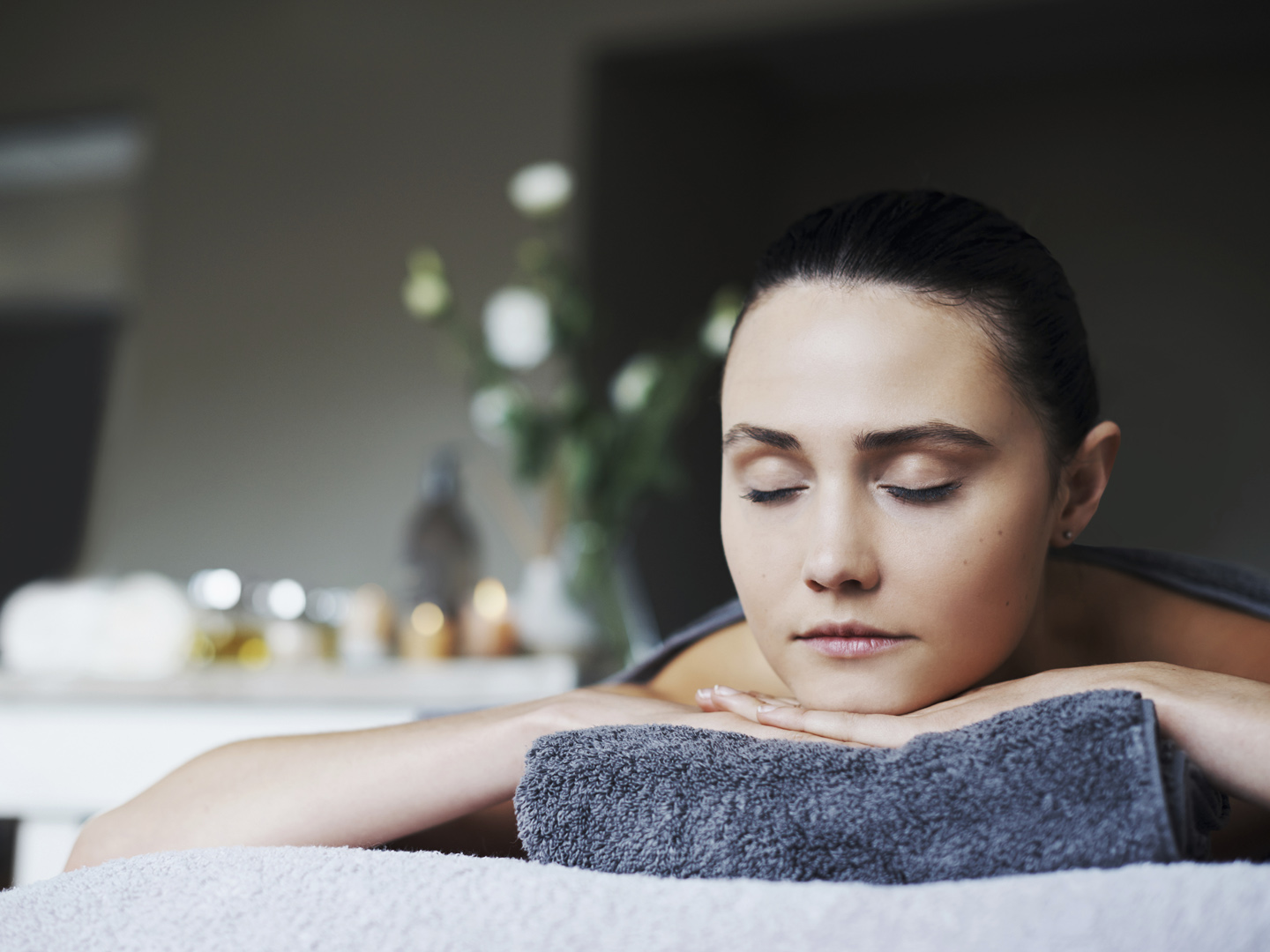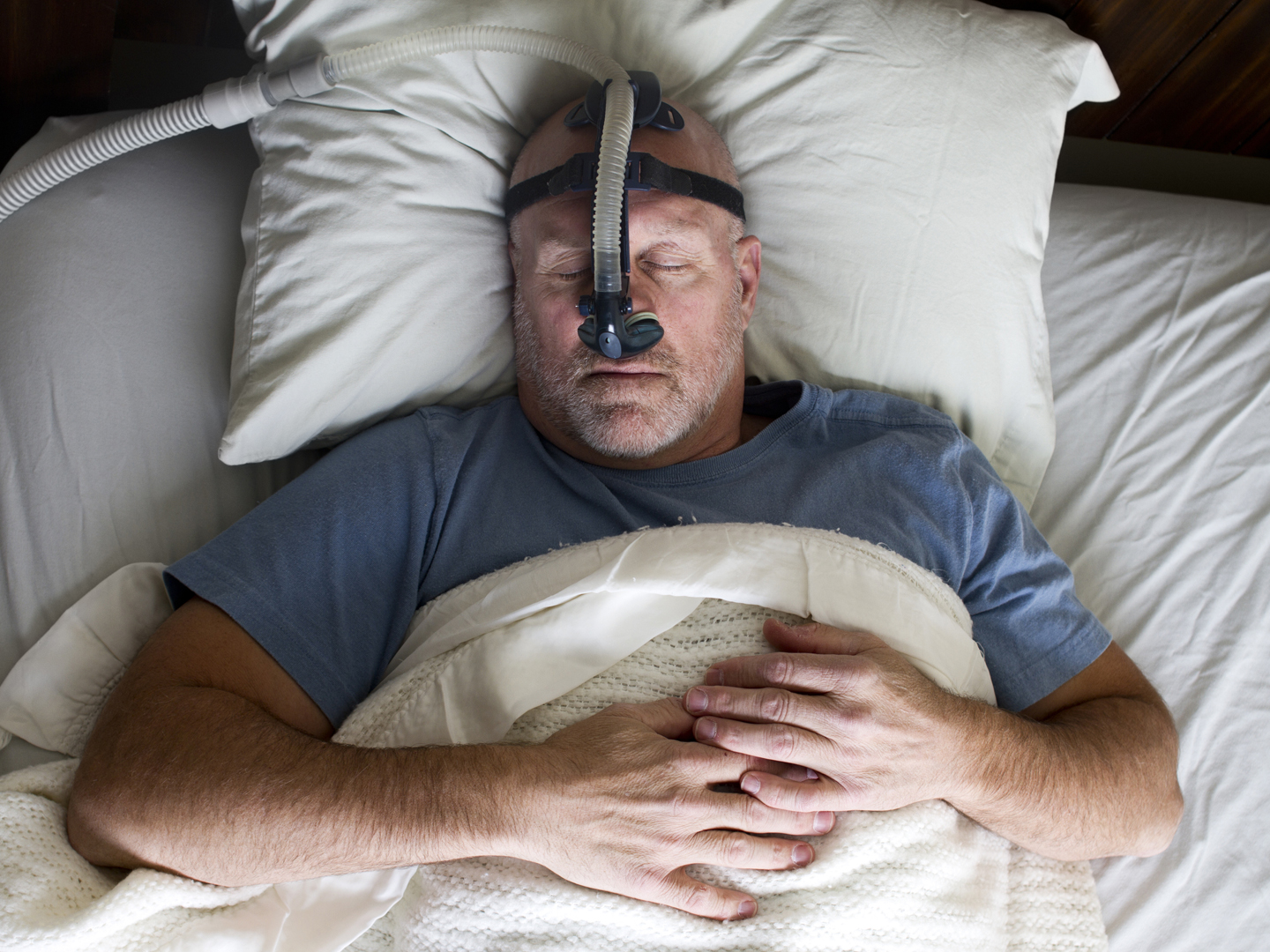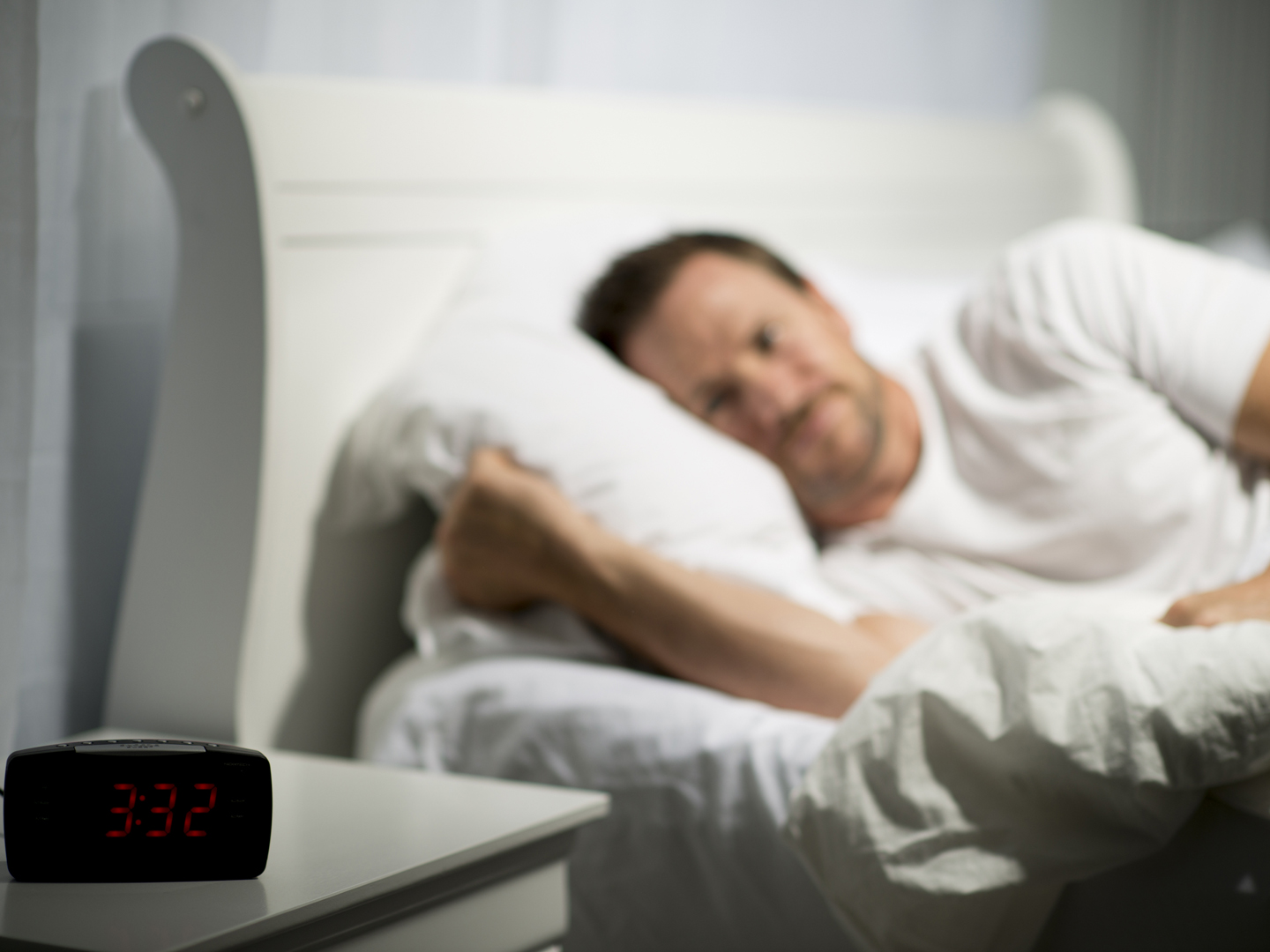Natural Insomnia Treatment

Insomnia is a relatively common sleeping disorder, affecting about one-third of the adult population worldwide. Around 10 to 20 percent of adults with insomnia experience severe sleeplessness. Insomnia is more common in women, but the quality of sleep often decreases as we age, equally in both women and men. Although so-called insomnia cures are promoted widely, there are no guaranteed insomnia cures. There is, however, much that can be done to improve quality and duration of sleep.
In addition to having problems falling asleep at night, many people with insomnia may feel sleepy during the day, fall asleep during meetings or when they are watching a movie, have problems concentrating and remembering things, and feel irritable. Insomnia can also be marked by waking up frequently during the night and having difficulty falling back to sleep; by waking up too early in the morning; and by feeling unrefreshed following sleep.
During sleep the body produces many important hormones and neurotransmitters, such as human growth hormone (HGH) and serotonin. Researchers are still exploring the long-term health implications of poor sleep, but immune function, memory, mental function and mood can all be affected.
There are three classifications of insomnia:
1. Transient or short-term insomnia, which occurs infrequently (generally less than once a week).
2. Intermittent insomnia, which comes and goes, usually without a pattern.
3. Chronic insomnia, which is an ongoing problem that occurs most nights and lasts at least a month.
Causes and Symptoms
Many factors can contribute to insomnia, including stress. Others include:
- Exposure to extreme temperature fluctuations or environmental noise
- Disruption in sleep/wake patterns due to jet lag, work schedules, or other reasons
- Side effects of medications
- A change in the surrounding environment
- Premenstrual syndrome, menstruation, pregnancy or menopause
For those suffering from chronic insomnia, the causes are usually more complex and result from a combination of factors, which can include:
- Depression (the most common cause)
- Chronic pain
- Arthritis
- Kidney disease
- Restless leg syndrome
- Heart failure
- Parkinson’s disease
- Sleep apnea
- Asthma
In addition, there may be some behavioral reasons for chronic insomnia:
- Anxiety about not being able to sleep
- Drinking alcohol before bedtime
- Consuming excessive amounts of caffeine
- Smoking cigarettes before bedtime
- Excessive napping in the afternoon or evening
- Continually disrupted sleep/wake schedule possibly from work schedules or nighttime activities
Recommended Lifestyle Changes for Insomnia Treatment
The following are some of the best possible insomnia remedies:
- Establish a consistent bedtime routine. This is one of the most important factors in insomnia treatment and maintaining good sleeping habits. Routines may include taking a warm bath or a relaxing walk in the evening, or practicing meditation/relaxation exercises as part of your regular nighttime routine.
- Try to go to bed at the same time every night, and get up at the same time each morning. This includes weekends.
- Get plenty of exercise during the day. Studies have shown that people who are physically active sleep better than those who are sedentary. The more energy you expend during the day, the sleepier you will feel at bedtime. Just be sure not to engage in vigorous exercise too close to bedtime as that can make it more difficult to fall asleep.
- Reduce your intake of caffeine, particularly in the evening.
- Avoid stimulants like caffeine and limit alcohol. Both, even when consumed early in the day, can affect sleep and inhibit insomnia treatment.
- Use your bed only for sleeping and sex. Don’t use it to do work or watch TV.
- Avoid large meals late in the evening.
- If you can’t fall asleep within half an hour of going to bed, get up and read or do something calming until you feel sleepy.
- Learn and use a relaxation technique regularly.Breathing exercises, meditation and yoga are not insomnia cures, but do lead to a state conducive to sleep.
- Use “white noise” devices to block out surrounding environmental noise.
- Take a hot bath before bedtime. Try a few drops of relaxing oil of lavender in the water.
- Short naps are good. Try to get into the habit of napping for insomnia treatment: ten to twenty minutes in the afternoon, preferably lying down in a darkened room.
- Spend some time outdoors as often as you can to get exposure to bright, natural light. If you are concerned about harmful effects of solar radiation, do it before ten in the morning or after three in the afternoon or use sunscreen.
- Try to give yourself some time – up to an hour – in dim light before you go to sleep at night. Lower the lighting in your house and bedroom and if other members of the household object, wear sunglasses.
- The two best natural sleep aids are valerian and melatonin. Valerian is a sedative herb, used for centuries. You can find standardized extracts in health food stores and pharmacies. Take one to two capsules a half hour before bedtime. Melatonin is a hormone that regulates the wake/sleep cycle and other daily biorhythms. Try sublingual tablets (to be placed under the tongue and allowed to dissolve); take 2.5 mg at bedtime as an occasional dose, making sure that your bedroom is completely dark. A much lower dose, 0.25 to 0.3 mg, is more effective for regular use.
- Don’t obsess about not sleeping. Not surprisingly, studies have shown that individuals who worry about falling asleep have greater trouble dropping off. It may help to remind yourself that while sleeplessness is troublesome, it isn’t life-threatening and there are insomnia remedies.














